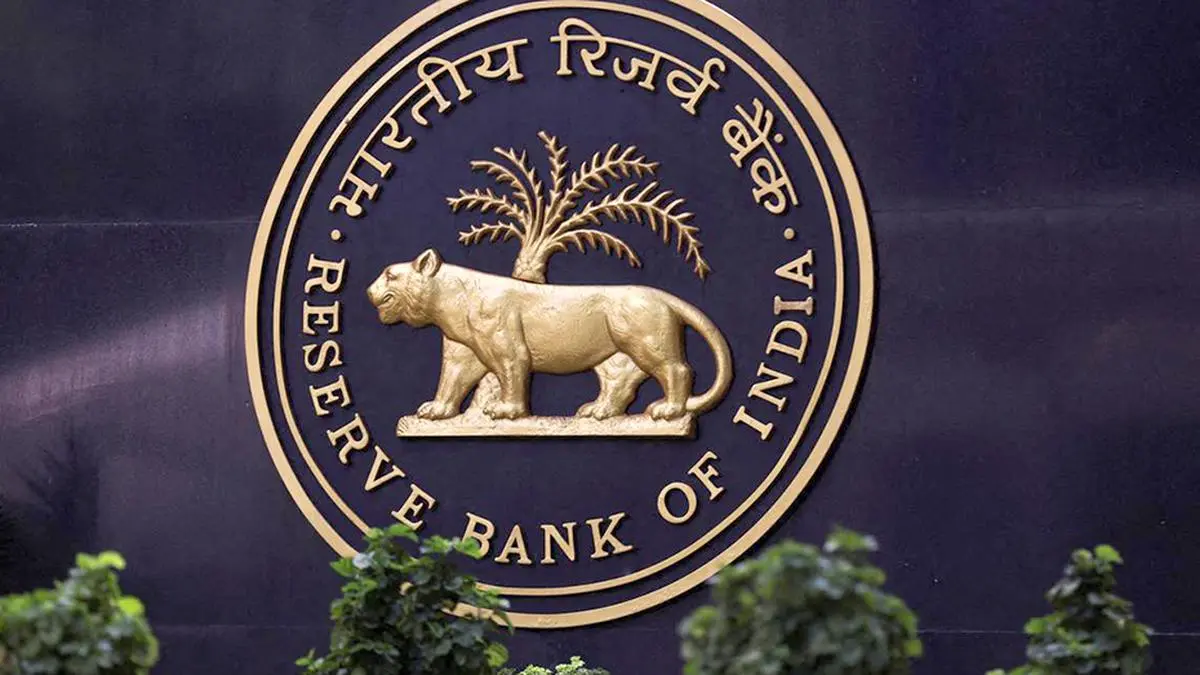Democracy of a one person one vote as a panacea of popular participation and anchoring development has never been hitherto placed on the guillotine as it has been in the 21st century.
The concept and practice of democracy were first put to scrutiny by Socrates, the father of philosophy. Socrates paid the ultimate price for his displeasure with democracy.
He was executed by the Greek authority in 399BC on trumped-up charges of misleading the youth.
In a lecture to the Statistics Commission of the UN Economic Commission for Europe (UNECE), Helmut Spinner made a very telling proposition on the information society at the turn of the 21st century.
First, he propositioned that such a state is one where the information of the world will be available to everyone, simultaneously and freely.
However, for the information society to succeed, illiteracy has to be eliminated and democracy of free choice should prevail.
The convergence of Socrates’s displeasure with democracy by birth right (he hated it), Vladimir Lenin’s identification of the three enemies of the Bolshevik revolution, communist conceit, illiteracy and bribery (he detested these enemies), Spinner’s idea of eliminating illiteracy as a precondition for democracy and the Confucius philosophy of meritocracy that led to the select and elect practice in China provide perhaps a path that defines the fundamental tenets that may successfully get the world on the road that ultimately reaches the goal of the UN Sustainable Development Goals (UN-SDGs).
Book 6 of Plato’s The Republic depicts Socrates immersed in a discussion with Adeimantus on the subject of democracy and who should run the state.
Socrates detested the popular vote on this, the most crucial matter of public affairs. He argued that given a popular vote any Tom, Dick and Harry climbs to undeserved power. The question is who should be the captain?
In similar fashion, who should handle brain surgery? But most importantly who decides who should be the captain or the surgeon? Socrates equated public affairs to the management of a ship taking a sail into the torturous seas or the performance of a brain surgery. Do you give that to anyone or to a specialist?
Adeimantus conceded that the captain should be one qualified. Then Socrates asked, why should the prime responsibility of running state affairs be subjected to a popular vote?
Lenin had this to say about illiteracy and the need for political education: “As regards the second enemy, illiteracy, I can say that so long as there is such a thing as illiteracy in our country it is too much to talk about political education. This is not a political problem; it is a condition without which it is useless talking about politics. An illiterate person stands outside politics, he must first learn his ABC. Without that there can be no politics, without that there are rumours, gossip, fairy tales and prejudices, but not politics.”
To see the fruits of Socrates, the focused caution of Lenin on illiteracy, and the advocacy of elimination of illiteracy proposed by Spinner, China provides a particularly unique system of selection and election of officials, which Canadian scholar Daniel A Bell has described as “political meritocracy”;, and this is focused on ability and merit.
The 19th Central Committee of the Communist Party of China (CPC) held in October 2017 reflected on what makes China work. Among the 13 strengths it is the potency of China’s state and governance systems of “selecting officials based on integrity and ability and on the basis of merit regardless of background to cultivate more talented individuals”.
Practical experience, leadership, education, seeking truth from facts being enterprising and creative, opposing formalism, self-discipline and self-examination and good health are central to the strength of the Chinese state. Experience in areas like poverty eradication, job creation, local economic growth, social development and, increasingly, environmental protection, are key criteria.
The CPC has also established a complete training system, to help officials better meet the needs of the new situation and new tasks through analysis and proposal, democratic recommendation, appraisal, discussion, decision and appointment.
In the analogy of the Ship and the Captain in Plato’s Republic, it says: “The ship owner is naive because the sailors competing for captain have no knowledge on how to navigate the ship, and work together with their friends to become the captain. If any group feels a sailor has more knowledge about sailing, that sailor will be killed. The sailor who becomes captain will be given control not because of their abilities involving sailing, but because of their bribery and savagery.
“Since the captain who is appointed has no abilities the ship is run terribly, and with the interest of the captain and his friends. While the true captain, the crew member who knows the most about ship navigation, goes unnoticed on the ship to be proclaimed useless.”
We are approaching Mandela’s Day on July 18. Our self-inflicted energy disaster in South Africa is a result of the absence of the key qualities observed in China’s bureaucracy and the analogy of the Ship and Captain rings so true in our democracy. Lenin is right, an illiterate person stands outside politics.
Can we as society take this to heart and address it so that we can live inside politics and assist the spirit of Madiba so that “alala ngoxolo”?

Dr Pali Lehohla is the director of the Economic Modelling Academy, a Professor of Practice at the University of Johannesburg, a research associate at Oxford University, a board member of Institute for Economic Justice at Wits and a distinguished alumnus of the University of Ghana. He is the former Statistician-General of South Africa.
Read the latest energy magazine below:
BUSINESS REPORT
















